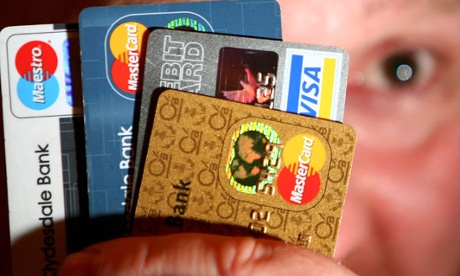
The supreme court on Tuesday rejected a challenge from retailers who claim the Federal Reserve allows banks to charge businesses too much for handling debit card transactions.
The justices let stand a federal appeals court ruling that upheld the Fed’s cap of about 24 cents per transaction on so-called “swipe fees”. That ruling was a setback for merchants who pay the fees to banks every time a customer uses a debit card to make a payment.
Before the cap, fees averaged 44 cents per swipe. But retailers wanted it even lower and argued that the Fed improperly used data that made the cap too high.
“The court’s ruling means retailers will keep paying billions of dollars more than they should, and that fee-hungry banks will continue to rake in unearned profits that ultimately come out of consumers’ pockets,” the National Retail Federation’s general counsel, Mallory Duncan, told Reuters.
Richard Hunt, head of the Consumer Bankers Association, disagreed, saying government-mandated price controls, known as the Durbin amendment, “have yet to work as advertised, and retailers still have not proved savings have been passed on to consumers”.
“Make no mistake about it – consumers must come first in this process, not the bottom line of retailers,” Hunt said.
A federal judge struck down the cap last year, but a federal appeals court overturned that decision in a win for the banks.

